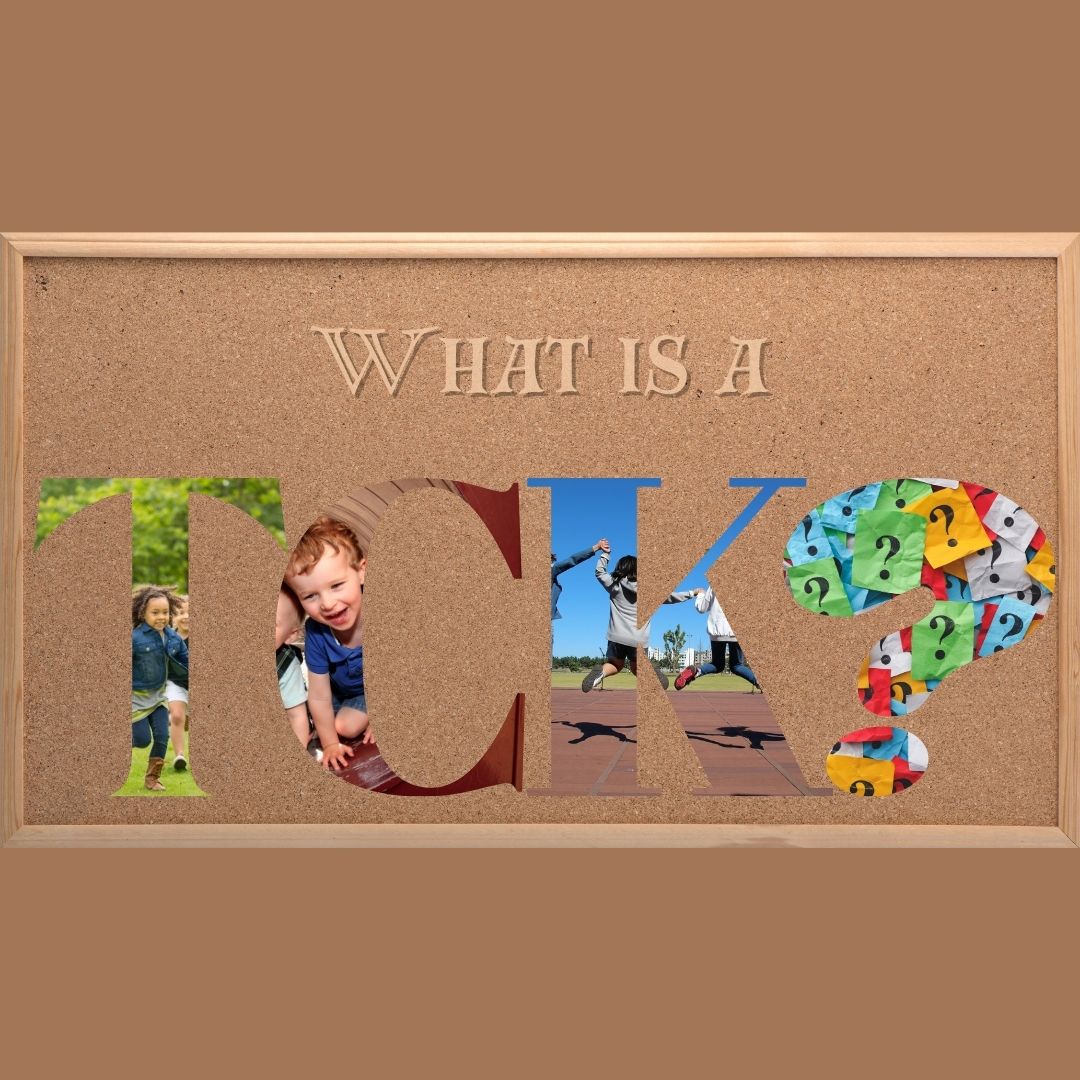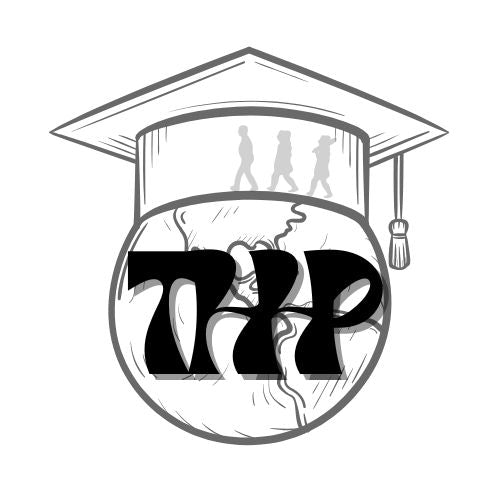
What is a Third Culture Kid? Hint: Most Teachers Have Encountered One
Share
As educators, we often encounter students who seem to have experiences and identities that don't quite fit the traditional molds with which we are familiar. These students may seem to have cultural backgrounds that span continents or have lived in multiple countries before settling in your classroom. These students may be Third Culture Kids (TCKs), a term that has become increasingly relevant in today's globalized world.
A Brief History of the Term
The term Third Culture Kid was first coined by sociologist Ruth Hill Useem in the 1950s. Useem, who was conducting research on American families living abroad, noticed that children growing up in international environments were developing unique cultural identities. These children, she observed, did not fully identify with their parents' home culture (the "first culture"), nor did they fully identify with the culture of the country they were living in (the "second culture"). Instead, they developed a "third culture" that was shaped by a blend of both cultures, along with other influences from their unique experiences abroad.
Over time, the term expanded to refer to any child who has spent a significant portion of their formative years in a culture different from their parents' native one, resulting in a unique hybrid cultural identity. While the term was initially associated with children of expatriates, diplomats, or military families, it now applies to a much wider demographic.
What is a Third Culture Kid?
A Third Culture Kid is a child who has lived in one or more countries outside of their parents' culture for a significant period during their developmental years. TCKs are typically exposed to multiple languages, customs, and societal norms, which shapes their worldview and sense of identity in ways that are different from children raised in a single culture.
What distinguishes TCKs from other children is their ability to blend aspects of the various cultures they encounter, creating a unique identity that is not fully rooted in any one culture. This "third culture" is often a fusion of elements from the various countries and cultures the child has interacted with, forming a complex, multifaceted identity that does not neatly fit into the category of any one national culture.
It’s important to note that being a TCK isn’t defined by ethnicity, race, or nationality; rather, it’s defined by the experience of living and adapting to multiple cultures. The challenges TCKs face in navigating these diverse worlds can shape their perspectives on belonging, identity, and the idea of “home.”
Why Are TCKs in Most Classrooms Today?
TCKs are becoming more common in classrooms across the world due to increased globalization, international mobility, and migration. According to the United Nations, over 281 million people, or 3.6% of the world's population, live outside their country of birth (UN, 2020). This has led to a greater number of children growing up in foreign countries, attending international schools, or even attending local schools in countries where their parents have moved for work or other reasons.
In countries like the United States, the United Kingdom, and Australia, TCKs are increasingly found in classrooms. For example, the UK alone hosts over 300,000 children of expatriates (UKCISA, 2020). These children may have parents who work in international organizations, multinational corporations, the diplomatic corps, or non-governmental organizations (NGOs). Additionally, with the increasing trend of migration for better economic opportunities, local schools are seeing more children who have lived in different countries or come from mixed cultural backgrounds.
Even in classrooms that are not in international schools, TCKs are more common now than ever before. Many children in local schools in the US, UK, and Australia have spent significant portions of their lives abroad, whether due to their parents' work or other reasons, such as asylum-seeking or long-term travel. With immigration and international movement at an all-time high, it is increasingly likely that educators will encounter TCKs in their classrooms, regardless of the setting.
The Impact of Being a TCK on Education
TCKs bring a unique set of strengths and challenges to the classroom. On the one hand, their multicultural backgrounds often make them highly adaptable, resilient, and open-minded. They tend to have a broader worldview and can offer diverse perspectives in discussions, which enriches the learning experience for everyone. They often develop strong language skills and cultural fluency, which can be a great asset in an increasingly globalized world.
However, the challenges faced by TCKs in a classroom environment can also be significant. Many TCKs experience feelings of rootlessness, as they may struggle to define their sense of "home." Their shifting identities may cause them to feel disconnected from both their peers and their own families, as they are pulled between different cultures. Additionally, TCKs may face challenges related to building long-term relationships, as they may have moved frequently, resulting in a lack of continuity in friendships.
As educators, it is important to recognize these challenges and provide support for TCKs in ways that respect their unique experiences. Creating an inclusive classroom environment that celebrates diversity, encouraging self-reflection, and providing opportunities for TCKs to express their identities can help them feel more comfortable and accepted. Moreover, recognizing the strengths that come with their cross-cultural experiences can empower them to excel academically and socially.
The phenomenon of Third Culture Kids is becoming more prevalent in today’s globalized world. With more families moving internationally, teachers are more likely to encounter students who identify as TCKs. By understanding the unique characteristics of TCKs and the challenges they face, educators can create supportive and inclusive learning environments where these students can thrive. By embracing diversity and fostering intercultural competence, educators can help TCKs bridge the gap between their multiple cultural identities and feel a sense of belonging in their classrooms.
References
UN. (2020). International migration report 2020. United Nations. https://www.un.org/development/desa/pd/
UKCISA. (2020). International students in the UK: Key statistics. UK Council for International Student Affairs. https://www.ukcisa.org.uk/Research--Policy/Statistics/International-students-in-the-UK
About the Author
Zoe Miller is an educator who grew up as a Third Culture Kid. She lived in several countries throughout her childhood, which shaped her understanding of culture and identity. Zoe went on to pursue a career in international education, teaching students of over 25 different nationalities, including TCKs. Her experiences as a TCK have profoundly influenced her approach to teaching and her passion for fostering multicultural understanding in classrooms around the world.
